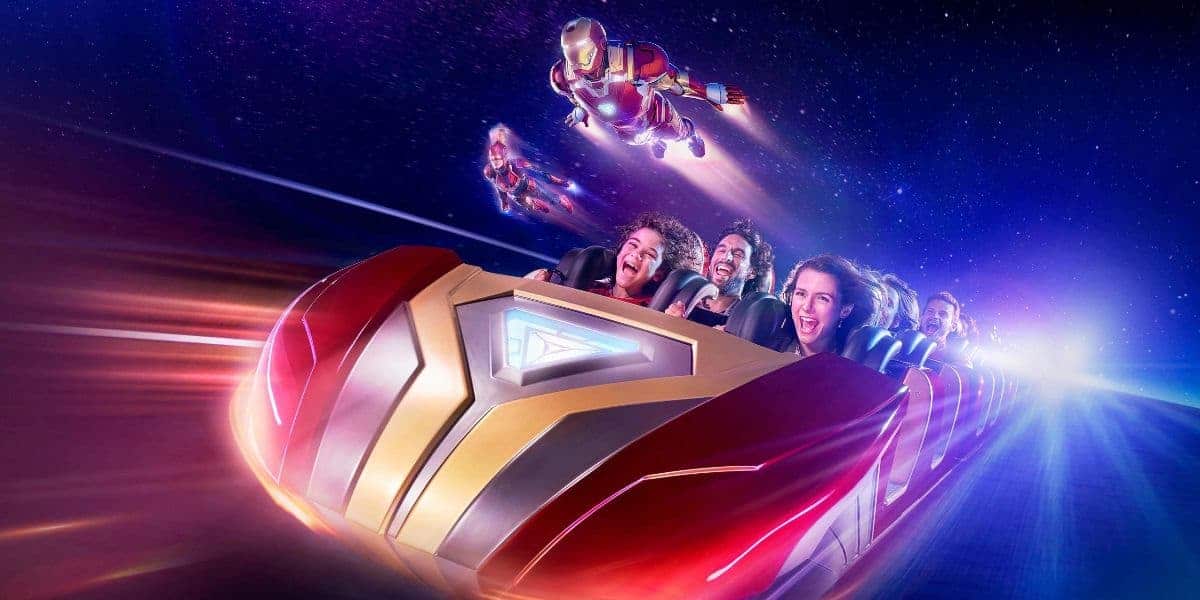Disney World has always been known as the most magical place on Earth, but lately, that magic is coming at a steeper cost than ever. The culprit? Lightning Lane. Once upon a time, families relied on the free FastPass system to plan their day and skip a few long lines. Now, Disney has transformed that convenience into a high-priced add-on that many believe is spiraling out of control.

The Price Problem
Lightning Lane pricing is unpredictable because it’s based on demand. On busy days, the cost skyrockets. For example, a Multi Pass at Magic Kingdom has reached $29 per person, per day. For a family of four, that’s more than $100 added to an already expensive park day. At EPCOT, guests can spend $17 on a Multi Pass—or nearly the same price for a single ride on Guardians of the Galaxy: Cosmic Rewind. Meanwhile, Hollywood Studios charges $22–$24 for one Lightning Lane to ride Rise of the Resistance.

And if you want to skip lines across nearly every ride in a park? The Premier Pass option can top $329. That’s more than a single-day park ticket.
Why Fans Are Frustrated
Disney’s reasoning is clear: people are still paying. Dynamic pricing ensures that as long as guests are willing to shell out cash, the cost will stay high. Families who feel squeezed are starting to speak up, arguing that Lightning Lane has created a system where only the wealthiest can avoid long standby lines.
It’s not just about money—it’s about fairness. Disney markets itself as a place where “everyone” can feel included, yet many now feel priced out of the magic.
The Call to Action
Fans have a simple message: stop buying Lightning Lanes. Every purchase tells Disney the system is working. Every refusal sends the opposite message. If enough guests push back by using standby queues and planning around peak hours, Disney will be forced to reconsider.

History shows that guest backlash can create change. Theme parks listen when crowds voice frustration with their wallets.
A Defining Moment
Lightning Lane has become a flashpoint for the way Disney does business. It’s not just a convenience anymore—it’s a symbol of profit over people. Whether this moment leads to meaningful change depends on whether fans are willing to take a stand.






You shouldn’t buy lightning lanes in the first place. They’re a scam. Look at the history of fast pass, why it was developed, and how it actually works. You’re paying for that now. Better planning will give you an experience far better than lightning lanes can.